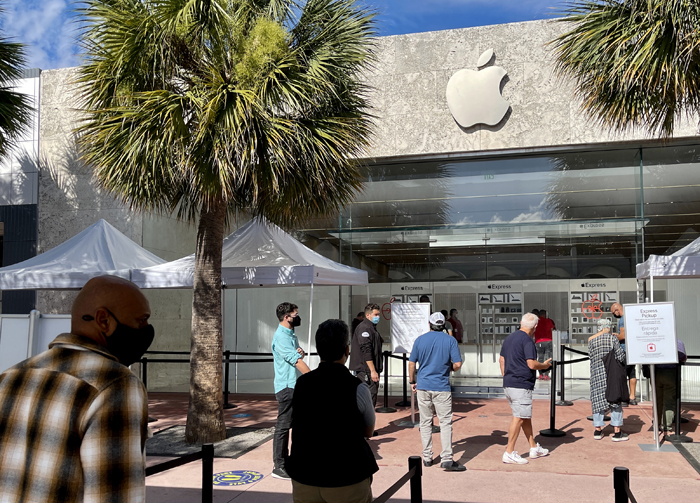Internet Security Non-Profit Quad9 Files Appeal Against Copyright Lawsuit from Sony Music Germany
ZURICH, Sept. 1, 2021 /PRNewswire-PRWeb/ — The non-profit Swiss DNS provider Quad9, has filed an objection against an interim injunction (310 O 99/21) obtained by Sony Music Germany from the Hamburg Regional Court. This injunction requires Quad9 to implement network blocks that has the potential to set a precedent for other Internet organizations which are drawn into a copyright case in Germany as well as other EU nations.
Unlike many other DNS resolvers, Quad9’s privacy-friendly, free service avoids storing personal data about surfing behavior and protects against phishing and malware attacks. The interim injunction issued by the Hamburg Regional Court now means that Quad9 is forced to implement DNS blocking for a domain name named in the injunction which resolves to a website that is suspected of offering links to copyrighted material.
Quad9 is supported by German based Gesellschaft für Freiheitsrechte e.V. (GFF) and eco Association of the Internet Industry (eco.de) in its defense against Sony.
“If non-profit IT security projects like Quad9 must bear the costs of combating copyright infringements, they can no longer offer their services in Germany in a way that covers their costs. As a result, everyone’s IT security suffers,” explains GFF project coordinator Julia Reda.
“We view this case with Sony Music as a much bigger issue outside of Quad9’s mission to keep the Internet safe. This eventual final outcome of this ruling will set a precedent for European cybersecurity and policy,” said John Todd, Managing Director of Quad9. “This isn’t just about Quad9’s DNS recursive security capabilities; we believe it has a much broader application to a wide range of internet services, and service providers should understand the implications of either outcome of the case.”
“The German Bundestag abolished the German interferer liability for Internet access providers years ago to facilitate the operation of open WIFIs. The view of the Hamburg Regional Court, according to which DNS providers such as Quad9 cannot invoke this exemption from liability, must not be allowed to prevail under any circumstances,” says Reda.
“Since the announcement of the ruling in late June,…

